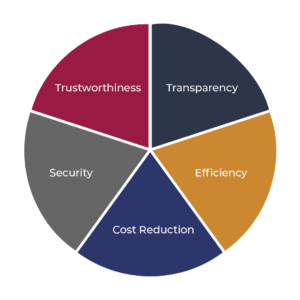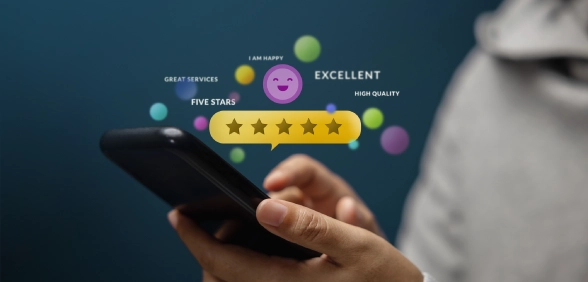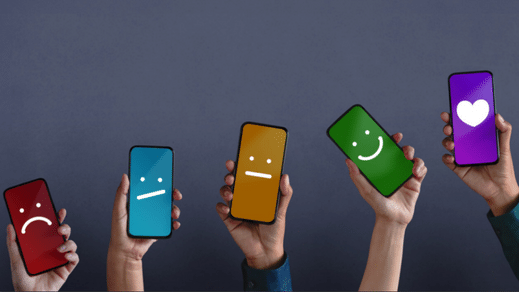What the internet did for communications, blockchain will do for trusted transactions
– Ginni Rometty, CEO of IBM
What is Blockchain?
Let me start off by saying, as fancy and curious as this technology might sound, it’s still in an emerging stage. Drawing an analogy, consider Blockchain as a Google Sheet documenting all your trading transactions. Let’s say you want to sell a commodity X. You can sell it to any person across the globe without the intervention of a third party, for example, banks. This sheet works as a global ledger with encryptions and is decentralized to make the recording of data easier.
More than that, no single authority has exclusive control over it. The ledger is able to get the data and accept transactions from any source, without the need of any mediators. This means an open consensus occurs wherein the changes are irreversible. Thus, unlike the Google sheet, you can’t make changes to this ledger whenever you please.
Driving future experience for a connected customer
With the Internet of Things (IoT), devices will need to securely communicate with each other and communicate decisions on behalf of the customer. Blockchain can be the ledger for IoT communication and transactions. Imagine a light bulb getting power from neighbour’s solar panel. Blockchain can offer a moving, storing and managing value and peer to peer communication in the IoT world!
Leveraging the vast framework, brands can frame their next series of actions to drive customer experience with the help of blockchain.
In the age of “experience economy”, blockchain has the potential to disrupt every industry. The technology should be tapped to transform connected customer experience by enhancing speed, convenience, and trust.
So what does Blockchain technology have to do with CX?
The fundamentals of customer experience are rooted in the trust that a customer places in a brand. Trust that an organisation will be true to its word, live up to its brand promises, provide the product or service as specified and not let the customer down.
According to The Harris Reputation Quotient, the top four factors that negatively impact corporate reputation are
- lying or misrepresenting facts about a product or service (80% of Americans interviewed)
- intentional wrongdoing or illegal actions by corporate leaders (again 80% of those surveyed)
- security or data breaches (74%), and
- product recalls due to contamination that may cause illness (66%)
Since the fundamental benefits of blockchain’s digital ledger technology are trust and transparency, the technology logically has enormous potential to transform customer experience.
Here are four reasons why it is transformative for CX:
- The technology enables peer to peer transactions without the need of a trusted central third party or intermediary, meaning brands can interact directly with customers and have a greater level of influence over the customer journey.
- Cryptography enables increased security and protection of data and identity, meaning customers can own and monetize their own data, which will lead to a re-imagination of customer loyalty programs.
- Data is immutable thus reducing fraud, increasing transparency, meaning the provenance of an asset, a claim about a brand, or company performance is indisputable. This could include NPS scores, customer retention rates, and product defect rates.
- Near real-time settlement means friction in a transaction is eliminated and risk reduced. As more customers interact with blockchain applications, the bar of customer expectations for an effortless experience will be raised.
Companies that adopt this technology will be transparent, not hiding behind obscure contract terms and conditions, and will build trust, for example by overhauling outdated loyalty programs to build unique, traceable customer rewards.
Blockchain is, therefore, a big deal for customer experience professionals enabling organisations to build propositions that create genuine value and long-term loyalty for customers.








